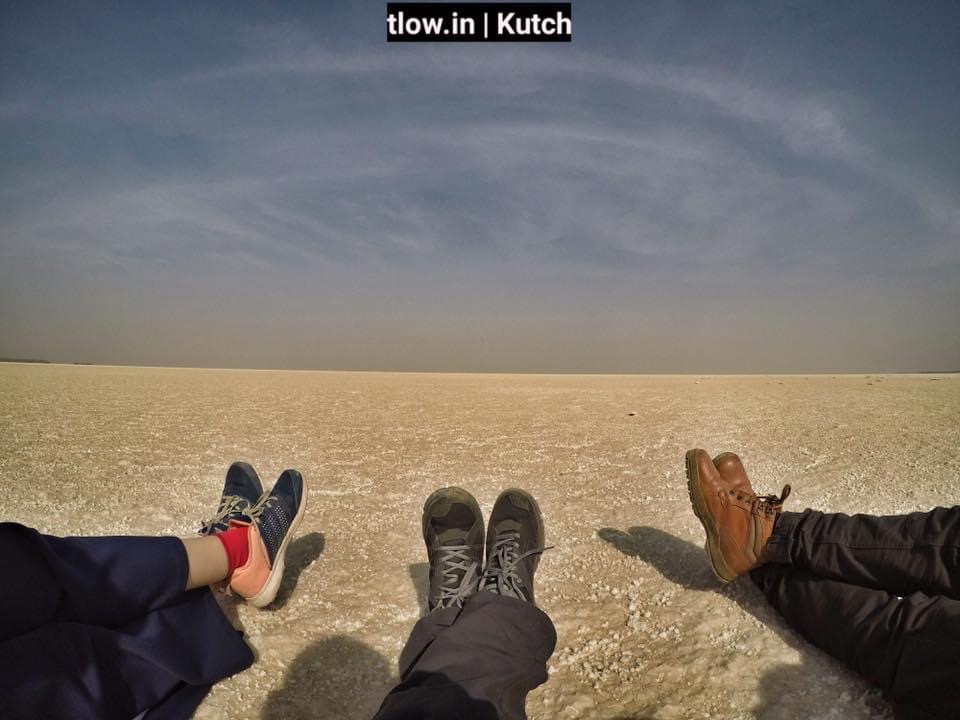
10 things to know about your hiking boots
With the scorching heat killing the western and southern part of the country, the best way to beat the heat is to move to the mighty mountains. If in India, then one has to head to the Greater Himalayas. One very important thing for all those travelling to the Himalayas is the shoes. With minimum private transportation, every traveller prefers walking there.
To get to places like Malana, Pulga, Grahan or Kheerganga with a terrain filled with melted snow and steep slopes, your shoes are proven to be your strongest support. You sometimes need your hiking pole too, but the major support is your shoes. Here are 10 things you need to know about your hiking boots this summer.
Table of Contents
1. Keep them dry
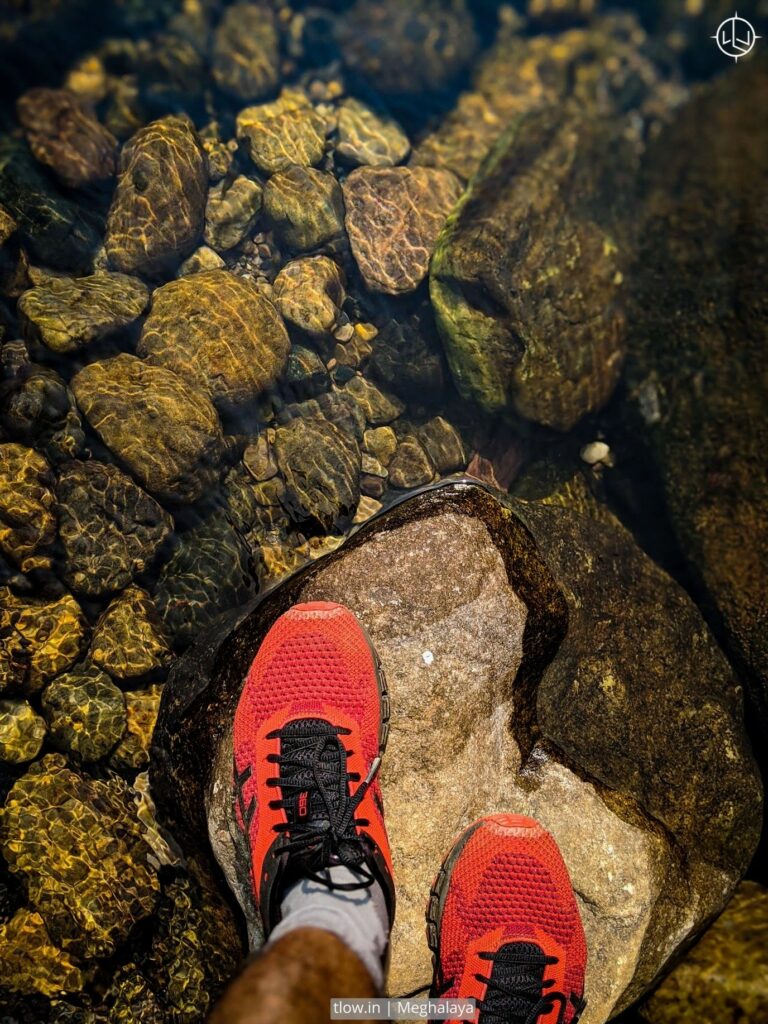
Remove the sole of the shoe and keep it to dry. Invert your shoe upside down to help drain out water.
2. Do not use fire to dry your boots
Direct heat can shrink the leather in your boots or even melt the synthetics. Use normal temperature to dry them. You can also stuff newspapers inside wet shoes to fasten the drying process.
3. Wash them once a year
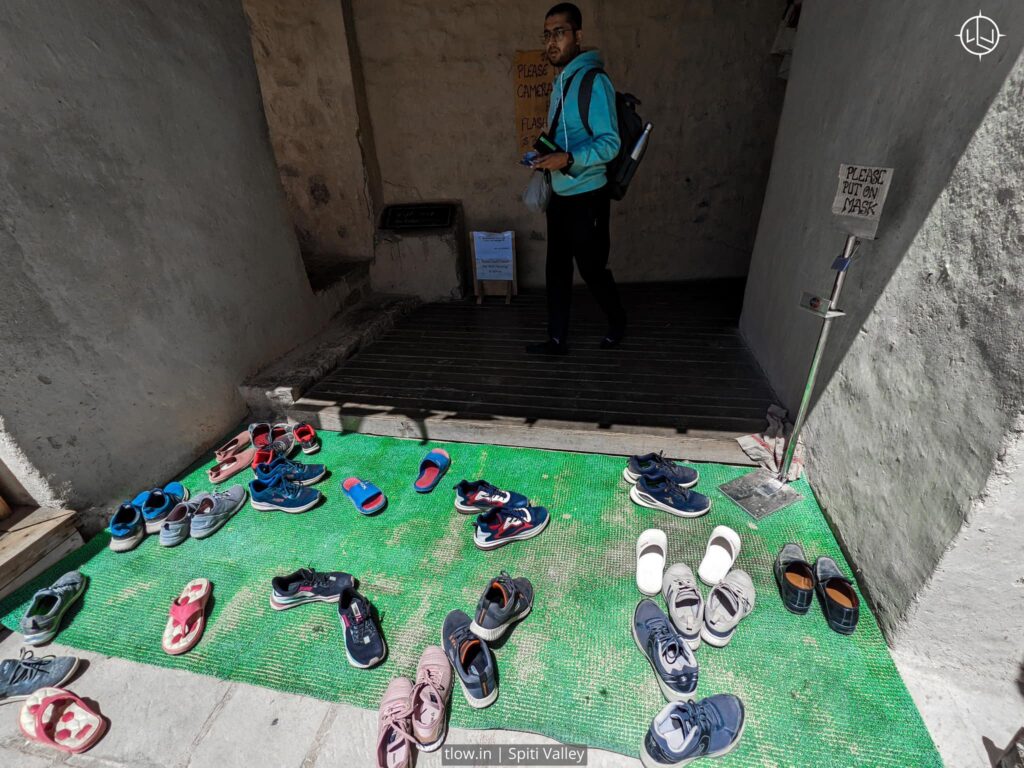
The mud, dust and foot sweat can cause hindrance in breathability while trekking or walking. Once a year, remove the insole and wash it with mild detergent and a brush. Wash the inside, outside along with the insole thoroughly and dry it in the shade.
4. Always carry extra pair of shoelaces
Most hiking shoes are very sturdy and only get worn out after five years. But their laces get affected very fast. Hence, while buying your boots and shoes, buy an extra pair of laces for the same shoe. This will help you avoid hunting for the correct shoelaces.
5. Buy shoes with warranty
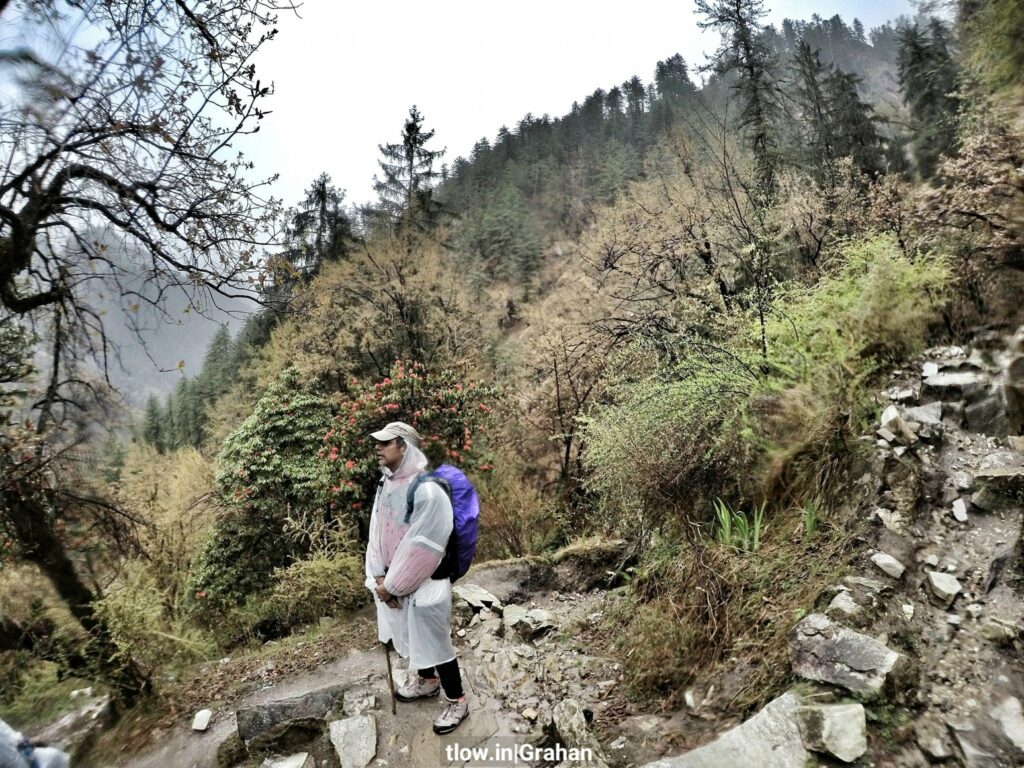
If you’re going to use these hiking boots on a regular basis and you travel to all types of terrains, it is best if you buy shoes with a warranty period.
6. Waterproof your boots
Most hiking boots and shoes are waterproof. If you feel water is seeping through your shoes, clean them, dry them and apply a thin layer of wax to make them waterproof. You could use other methods of waterproofing as well.
7. Replace when compressed
If the cushioning in your shoe compresses or gets ruptured, it is time to buy new shoes or replace them. Using the same old ruptured shoes can cause sore knees and lead to other joint pains.
8. Get used to them before any hike
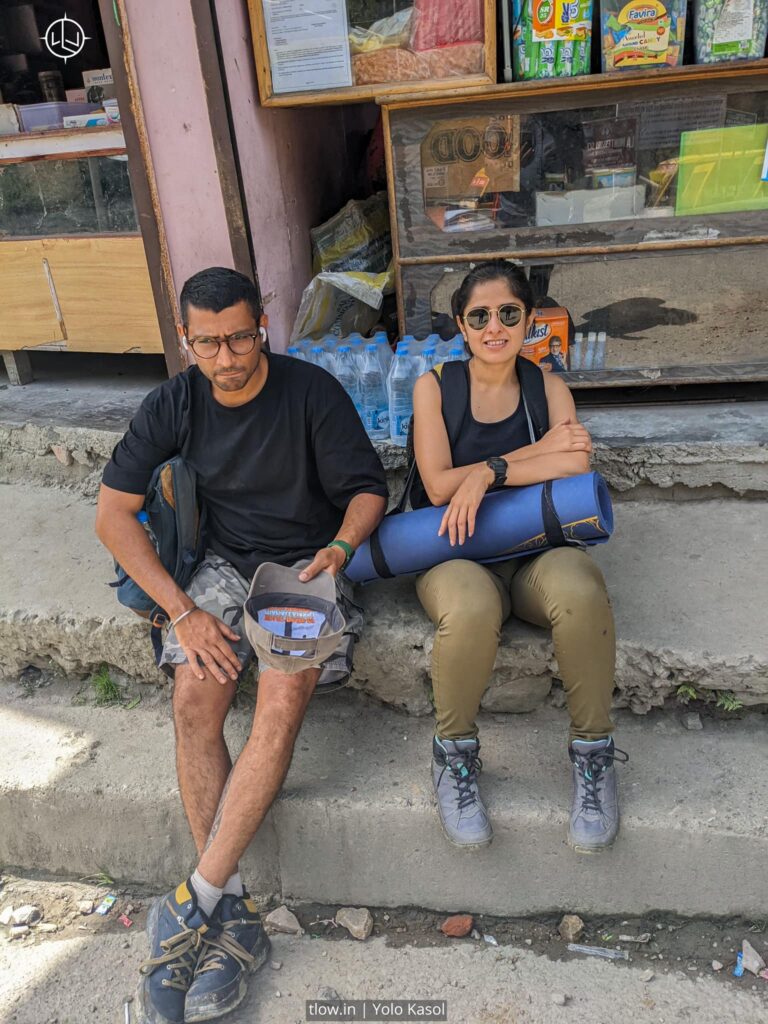
Do not hike with boots out of the box, instead buy them a week before your expedition and let your feet get used to them. This way you will not only avoid shoe bites but your feet will breathe and settle better in your new shoes.
9. Carry a boot fixing glue in case of emergency
This glue is available on most online websites. Made especially for shoes and boots, this could be your best temporary measure in the remotest places, helping you not stop your adventure.
10. Know your laces
And finally, know your laces. Laces are tied differently according to the terrain and the support they offer to the leg. The surgeon’s knot is to prevent heel slip. The window lacing is for the top of foot pressure and toe relief lacing is for toe box pressure.
Remember these points before buying new shoes or boots. Take care of your boots because that is one thing you will be wearing most of the time. Remember your shoes are your strongest support during your adventure.
–>For a similar experience, >>Click here











